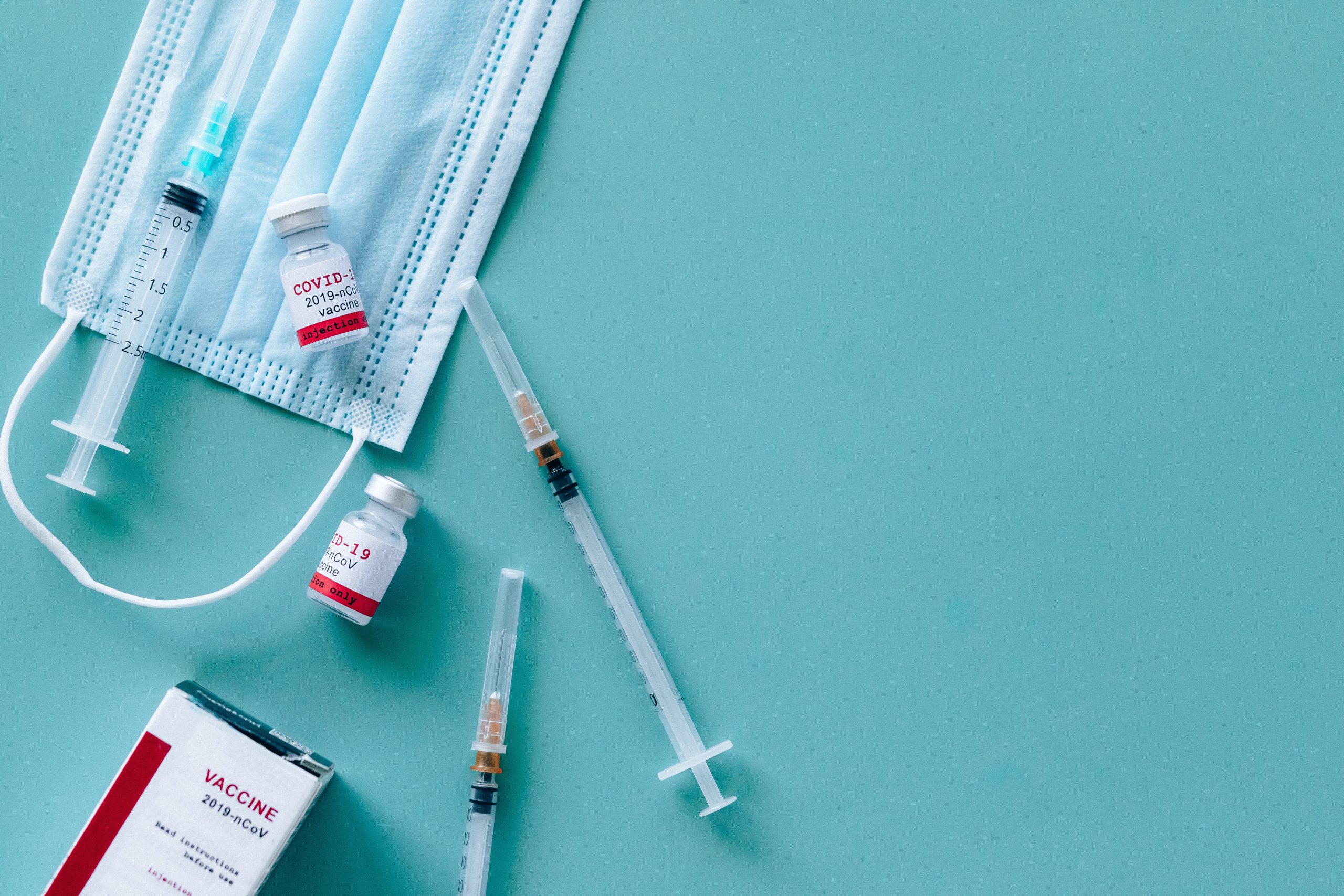By: Benjamin Todd
All vaccines approved for use in Canada, including Covid-19 vaccines, undergo thorough scientific review and monitoring. [1] It is not uncommon for vaccines to induce temporary side effects such as joint pain, swelling at the injection site, and flu-like symptoms. These symptoms tend to last a few hours or days. Occasionally more serious side effects occur, these include Thrombosis, Myocarditis, and treatable allergic reactions. [2]
As of December 2020, Canada has two programs to provide compensation to vaccine-related injuries: the Canadian Vaccine Injury Support Program, and the Quebec Vaccine Injury Compensation Program. In the United States, The National Vaccine Injury Compensation Program provides a no-fault alternative to traditional claims. Outside of North America, the World Health Organization has developed the No-Fault Compensation Program within the COVAX initiative.
How can we help?
The Conflict Analytics Lab at Queen’s Law recently launched the first iteration of the Vaccine Mediator (VM), an AI-powered tool available on MyOpenCourt that helps streamline COVID-19 vaccine self-reporting and vaccine injury claims. This tool was developed in collaboration with partners at the BIICL (British Institute of International and Comparative Law), Université Paris Dauphine, and researchers from the University of Oxford. Click here to learn more.
Canadian Vaccine Injury Support Program
Modeled after the Quebec Vaccine Injury Compensation Plan, the Canadian Vaccine Injury Support Program (VISP) provides compensation for any serious and permanent injuries resulting from the taking of a Health Canada authorized vaccine.[3] Claims under the program should be made through the Vaccine Injury Support Program Website.
Who is covered?
According to the VISP FAQ page, any individual who received a vaccine authorized by Health Canada in Canada excluding Quebec after December 8th, 2020, is covered. VISP is not limited to COVID-19 vaccines or only Canadian Citizens. The vaccine must have been administered in Canada, with an exception of armed forces, government officials, and their dependents who were abroad when the dose was administered. Dependants, such as children and partners, of the deceased can also claim compensation through this program. Claims must be filed within three years of vaccine administration, injury, or death.
What types of injuries are covered?
The vaccine-related injury must be serious and permanent. VISP defines a serious injury as a “life-threatening or life-altering injury that may require in-person hospitalization or a prolongation of existing hospitalization”. The injury must also be permanent, meaning it results in “persistent or significant disability or incapacity” or if the outcome leads to congenital issues or death. These definitions exclude the common temporary side effects felt after getting a vaccine. Support provided may include retroactive income replacement, payment for injuries, death benefits, and medical expenses. [4]
Who decides if compensation is owed and what proof is needed?
The VISP website states that it will follow a similar structure to the Quebec program. VISP reviews compensation claims through a panel of three physicians using an internationally recognized assessment framework. Decisions made by the panel can be appealed and reviewed by a separate committee of physicians. Information required for the review may include the physicians and patient contact information, vaccine details, patient medical history. [5]
Quebec Vaccine Injury Compensation Program
Created in November 1985, the Quebec Vaccine Injury Compensation Program compensates victims of bodily injury from vaccinations for many common diseases and infections (including COVD-19). Unlike VISP which applies to all other provinces and territories, this program is specific to vaccines administered in Quebec. A victim of bodily injury is defined as a person who suffered serious and permanent physical or mental injury, or death after receiving an approved vaccination.[6] The timeline, assessment process, and required documentation are nearly identical to VISP. Payment of compensation is calculated based on the Automobile Insurance Act and are identical to a car accident. [7] The form and sending address for filing a compensation claim can be found here.
U.S. National Vaccine Injury Compensation Program
This program provides a no-fault alternative to legal methods for claiming damages from medical products. VICP covers specifically approved vaccines administered in the U.S. to individuals of any age. To make a compensation claim, individuals should file a petition with the U.S. Court of Federal Claims. These are reviewed by medical staff at the U.S. Department of Health and Human services which then submits a report to the U.S. Department of Justice. At that point, a court will hold hearings where parties present evidence and compensation can be determined. Court orders for compensation are paid by the U.S. Department of Health and Human Services. [8] More information on VICP and covered vaccines can be found here.
WHO COVAX No-Fault Compensation Program
Developed by the World Health Organization, the COVAX No-Fault Compensation Program is the first international vaccine injury compensation mechanism. The program supplies no-fault compensation to individuals who received a COVID-19 vaccine from COVAX facilities and suffered a serious adverse event. The program is free to use and is paid for by a small levy on vaccines distributed through COVAX.[9] More information on program coverage and tools for applying can be found here.
Disclaimer: The information provided in this response is for general informational purposes only and is not intended to be legal advice. The content provided does not create a legal client relationship, and nothing in this response should be considered as a substitute for professional legal advice. The information is based on general principles of law and may not reflect the most current legal developments or interpretations in your jurisdiction. Laws and regulations vary by jurisdiction, and the application and impact of laws can vary widely based on the specific facts and circumstances involved. You should consult with a qualified legal professional for advice regarding your specific situation.
[1] https://www.canada.ca/en/public-health/services/vaccination-children/safety-concerns-side-effects.html#a5
[2] https://health-infobase.canada.ca/covid-19/vaccine-safety/summary.html
[3] https://vaccineinjurysupport.ca/en
[4] https://vaccineinjurysupport.ca/en/faq
[5] https://vaccineinjurysupport.ca/en/faq#eligibility
[6] https://www.quebec.ca/en/health/advice-and-prevention/vaccination/vaccine-injury-compensation-program/
[7] https://www.quebec.ca/en/health/advice-and-prevention/vaccination/vaccine-injury-compensation-program/
[8] https://www.hrsa.gov/vaccine-compensation/index.html
[9] https://www.who.int/initiatives/act-accelerator/covax/no-fault-compensation

